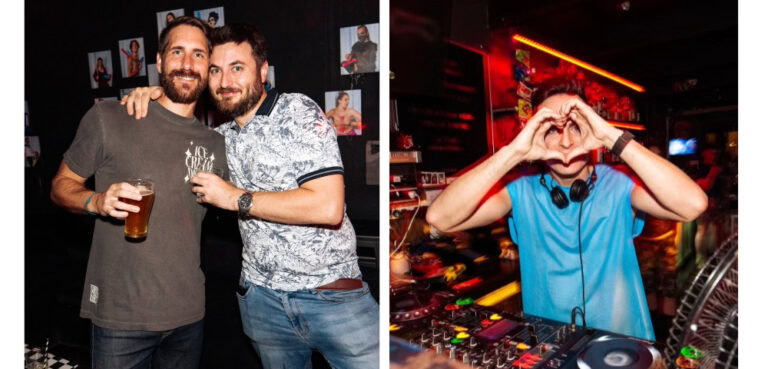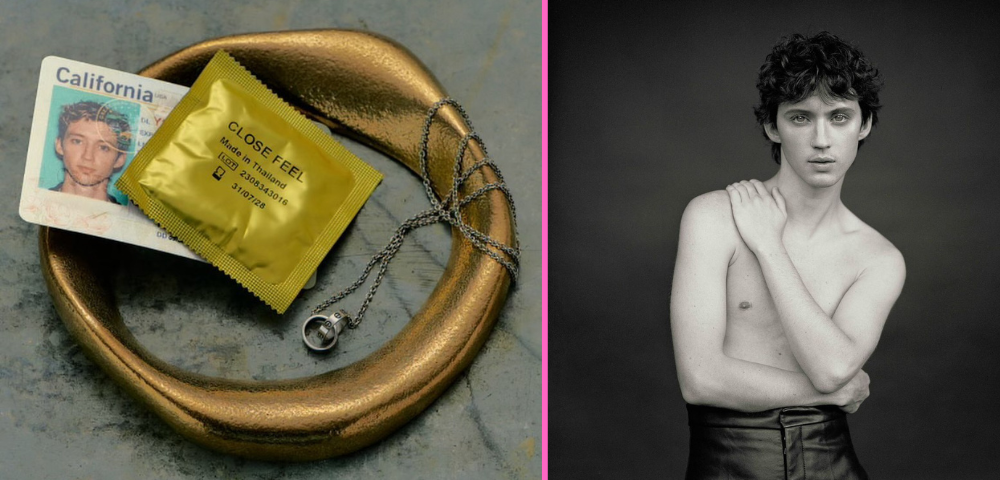
A cancer of the soul
Archie and Bill** have been together for decades. Bill is very sick. Terminal cancer. Archie struggles, trying to keep their little business afloat, monitoring Bill’s complex drug regime, and supervising dialysis three times a week.
Archie’s beloved partner is dying, slowly, and he can’t do everything any more. He needs someone to understand. So he takes the recommended, sensible course, and contacts a respite service. Run, as it happens, by the allegedly gay-friendly Uniting Church.
His counsellor invites him to attend a support group for men caring for their terminally ill partners. The men sit in a circle and, one by one, tell their story. Each man speaks of the pain and struggle of caring for his wife. Each sits down to sympathetic applause.
Archie stands up and speaks about Bill. He sits down to silence. For the rest of the evening, he is shunned. He leaves feeling more alone than ever.
He’s heard of beyondblue. He calls — and gets an answer machine. He calls a friend, who helps him through the night.
The next morning, the friend calls me. He’s afraid of what Archie might do if he doesn’t get help. Do I know where he can get understanding and support, before he finally breaks?
I do some hunting around, and I find the answer is — nowhere, unless you’re very lucky. When Archie’s feeling suicidal, he can call the 24-hour Lifeline, but that’s about it. He can’t afford to take time out or break down over the phone during the office hours most counselling and support services keep.
In Victoria he might get a sympathetic hearing from the people staffing the Carers Helpline because they’ve had some training on GLBTI issues, but in the other states — nothing.
An expert in GLBTI ageing I consulted was shocked, but not surprised.
“Just dive into that great big homophobic pool and risk drowning. If by chance there’s someone there who isn’t a bigot, they will throw you a line,” they said.
Even in Victoria “finding a group that fits an individual and their needs is a matter of trial and error”, said the ALSO Foundation. Archie’s experience almost put him over the edge — how many more times must he put himself on trial and suffer judgment before he’s helped?
Archie plans to report the discrimination. It’s another burden on an already overburdened man, but he doesn’t want anyone else to go through the same.
I’ll be blunter: the insensitive clod who sent him to that support group and the facilitator who allowed him to be humiliated need to learn the error of their ways. And Carers Associations nationwide need to establish a vetting system so that already desperate people are not made even more desperate by the very people they turn to for help.
Bill’s cancer is physical, but the cancer of homophobia at the heart of our supposedly ‘caring’ services, is a cancer of the soul. Time for an exorcism.
(**not their real names)










Resting alone in your home and waiting for death is the worst case there is. Usually people like this don’t even remember to take their medication and they turn worse quite quickly. There are tools like automatic pill dispensers that help these people to remember, and they are great even for people who are taking care of their loved ones. You can get rid of always remembering to administer the drugs – that has been worst for me when I am taking care of my mother.
From what Ive heard around town is that many single elderly gay men and women once open and honest about there sexuality go back into the closet once they end up in an rest home.